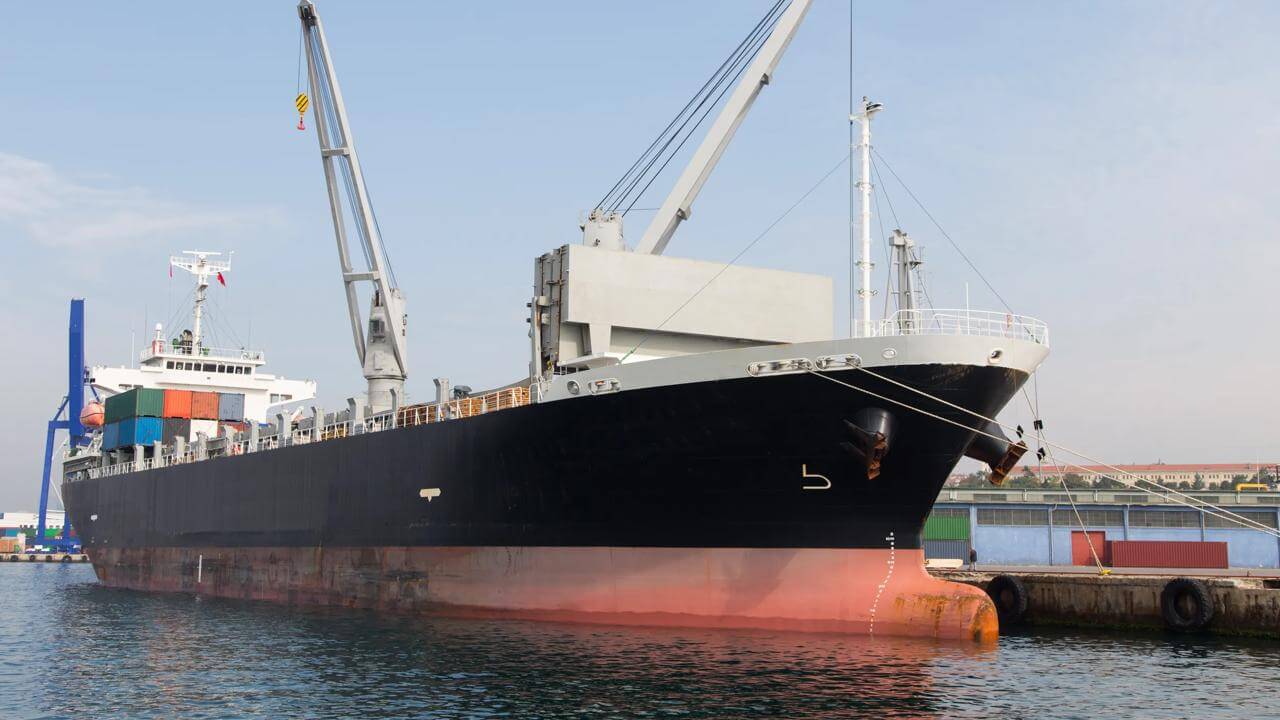This article was first published in The ESG Insurer.
The Financial Conduct Authority has highlighted that non-financial misconduct, which of itself constitutes a breach of principles and rules, has the potential to be an indicator or driver of wider conduct risk – behaviour within firms influences the behaviour of those firms towards customers and other third parties.
During the first quarters of 2020 and 2021, Browne Jacobson conducted surveys to assess perceptions of culture at firms within the London market, canvassing approaches to conduct risk and non-financial misconduct.
One particular perception was that nearly all firms have increased efforts to deter non-financial misconduct, but as a consequence of remote working the risk of committing non-financial misconduct has increased.
In general firms are perceived as having good cultures, but a minority were perceived as having poor cultures in certain key respects. To help firms manage the risk of continuing or developing, or being seen to have, cultural failings, we developed a five-stage process we refer to as RECCE – reflect, evaluate, cohere, communicate, evolve.
The first step is to reflect on whether the perceptions revealed in the survey address risks of which firms are aware – or whether firms can say they have credible evidence that the issues do not affect them.
Any risks identified should be evaluated on a focused basis, using an objective approach to generate credible data, even to the point of uncomfortable truths. Cohere means that the logical conclusions from the data are given all necessary practical effect. Systems and controls, or policies and procedures may need updating and reinforcing.
Depending on the lessons learned from the evaluation, any firm seeking to make change needs to communicate appropriately to its various stakeholders its findings, the changes it intends to make, and how and why it intends to make them.
And the evolve phase emphasises that the management of culture is not a one-off exercise, but an ongoing dynamic that needs to respond to a changing business, social and regulatory environment.









































